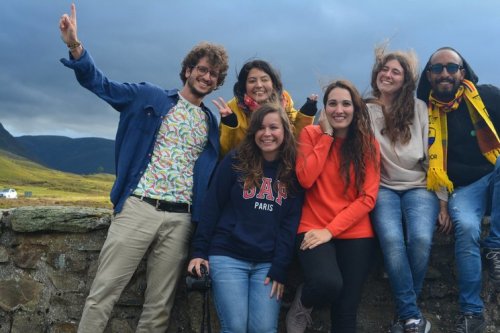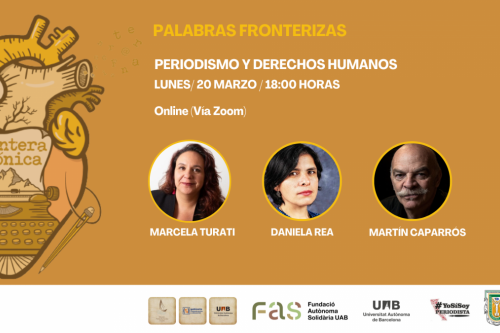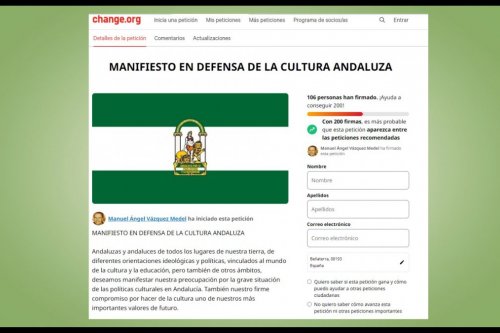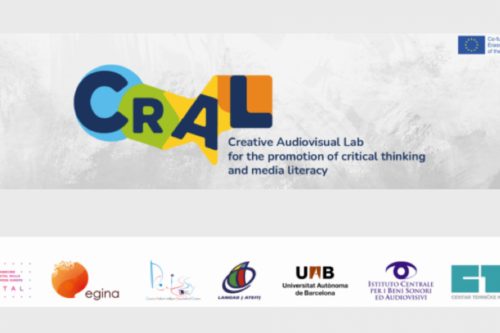


Languages
- Español
- English
Ola Erstad, speaker on the Paris Forum: "an opportunity to redefine media literacy as part of knowledge societies"
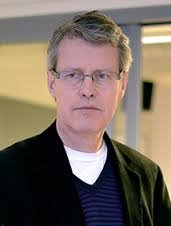
Ola Erstad, professor at the University of Oslo, Norway, and speaker on the Media and Information Literacy Forum, asserts that "this foro is extremely important as a coming together of core stakeholders and researchers to define and discuss present and future prospects for media literacy".
"This is an opportunity to redefine media literacy as part of knowledge societies within a European context", he adds.
The researcher and one of the invited speakers to the European Media and Information Literacy Forum, is coauthor of 'Media in Europe: New Questions for Research and Policy'. This publication, which is part of the series ‘Forward Look in Media Studies`', presents strategic orientations for European research over the next 5-10 years. This document will be presented at the European Media and Information Literacy Forum, at the Plenary Session: New action lines: European Project's recommendations.
In an interview given to the Gabinete, Erstad puts his expectations for the forum on the possibility of bringing "together key stakeholders and contemporary research initiatives that will address an agenda for media literacy in the years to come. This is a unique opportunity to define key areas for policy and research". More specifically, the Norwegian professor expects "different interpretations of media literacy to be discussed and defined, and listen to experiences of implementing media literacy in school curricula and within social practices".
For him, the main challenges Media literacy is facing at a European level are still "partly to define categories of media literacy and how to measure them, and especially how to define it as core elements of curricula for education and 21st century skills."
"We should expect to understand common future challenges for how to be become knowledge societies and media literacy as a global dimension of education. Media literacy has specific historic traditions, so this forum is a good opportunity to bring together people and perspectives to face future challenges. I am especially interested in listening to new research within this area and how it might connect to policy initiatives", he adds.
The document will be presented by Claudia Alvares, from the Lusophone University (Portugal), and Ola Erstad. The text highlights that future research in this area should take into account the complexity, fluency and materiality of the processes related to media production and their impact on identity formation.
The European Science Foundation has placed media literacy in the focus of European media studies for the next ten years. The agency has carried out an analysis of the main challenges of media studies through a ‘Forward Look', an instrument to define research agendas in Europe.

